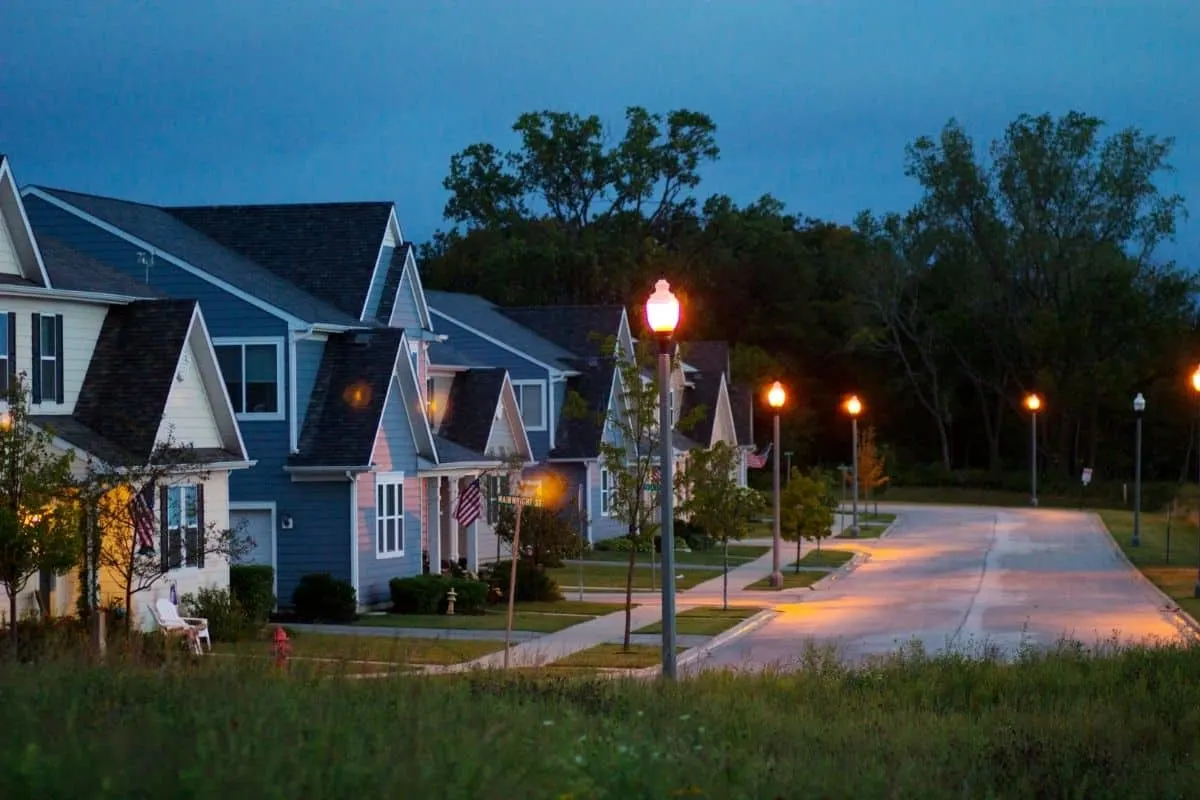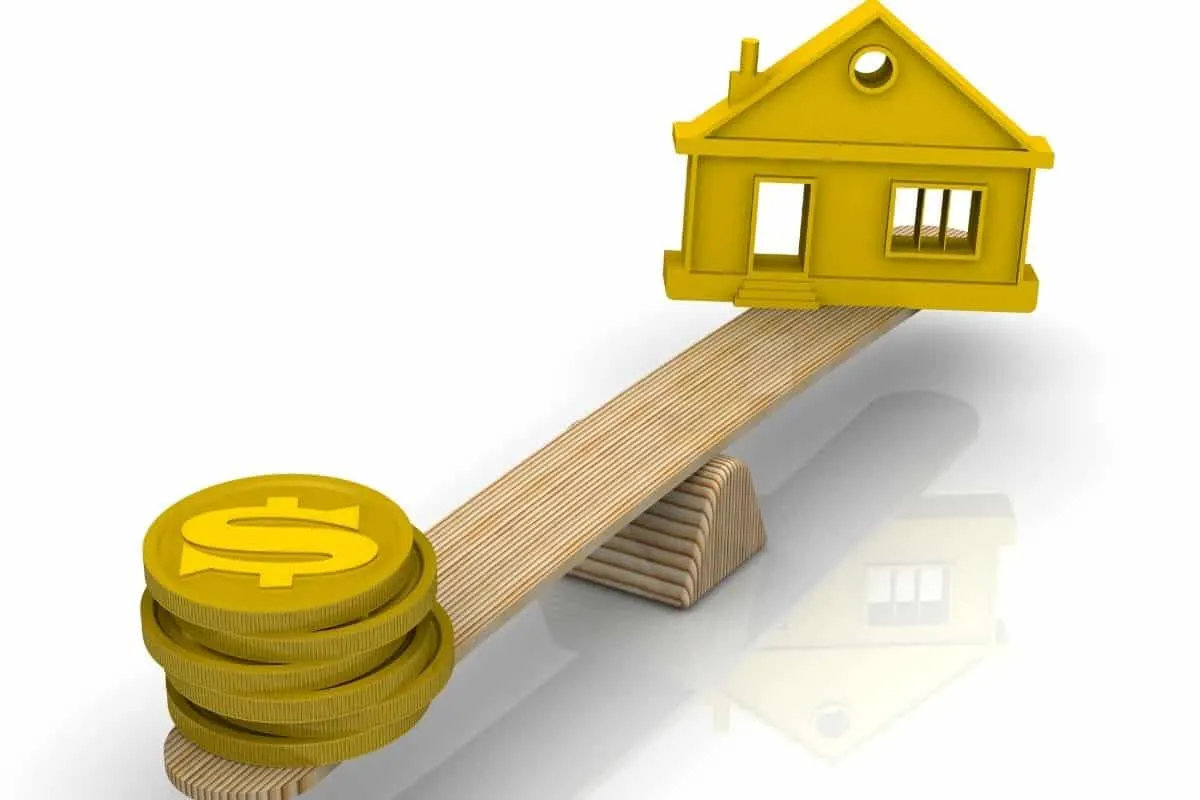Are you thinking about buying or building a custom home and wondering if they appraise higher? If so, you’ve come to the right place!
Custom homes can appraise higher given that they are built in an acceptable location, and with generally liked features.
I have heard so many people ask if a custom home is more expensive than ordinary homes. The need for a home appraisal can arise at any period. Appraisals are a requirement to obtain a bank loan, sell or buy a new house.
Customizing a home to my needs is often costly and takes a long time to achieve good customization. It only makes perfect sense that custom homes fetch a higher market fee when appraised. However, an appraisal is quite a complex process that I cannot give a definitive answer, and every home is appraised on a case by case basis.
Looking for more information on appraisals? Find out all you need to know here!
Surrounding neighborhood

The value of a property is always tied to its location.
Houses built in affluent suburbs often have higher appraisal compared to those in rural areas. Properties in the heart of Manhattan, New York have a higher market value because of the prime location.
The home’s location influences the amenities that the home can access; however, Residents closer to the city have to pay more for a two-square space of home than those away, irrespective of the customizations.
In essence, people don’t just buy a house; they also buy amenities close to the house.
Availability of roads, museums, public parks, etc. will trump whatever customization one put in a house. Before modifying the garage to suit one’s lifestyle, one needs to beware that some costs may never be recovered.
As a general rule, a customized house will be valued close to the houses’ value. If it is lavishly built, then it can attract just a rate slightly above the neighboring houses.
In some cases, a custom house’s value might be lower than a typical home in the same area.
Value in use versus value in exchange

All human beings have different tastes and preferences; what might be right for me may not be suitable for some. As I continually customize my living space, I will put a lot of effort into making the place reflect my tastes and preferences.
I will put so much effort into furnishing the windows, doors, garage, or attic. I will love the aesthetic value brought by more beautiful doors and windows.
However, there is just one flaw to the otherwise noble beautification. The beautification of the doors and windows does not increase its market value. The use-value will increase but not the overall appraisal value of the house.
During the appraisal, the windows and doors’ value will not have changed; on the contrary, most of these will have experienced a reduction in price due to aging and other depreciation of value.
There is an exception to this rule. Any form of customization done to improve the overall livability can be considered in the appraisal.
If the house’s renovation and customization can generally increase the home’s security, there is no reason why the house will have a lower appraisal.
The age of the house
How old is the house in question?
No matter how well maintained a customized house is, it will be subject to depreciation with time; whatever installments made on the house will count to nothing if the home demands serious renovations.
Customizations shouldn’t just be geared towards a house more luxurious. A new typical home is worth more than an old palace that is likely to crumble on itself.
Unless one plans to live in the same house forever, customizing an old house is just a no…no.
Most valuers will not consider any custom furnishings on the house if it has aged. They will turn a blind eye to the many furnishing and custom art favoring a fair market value.
Cost of a home, appraisal value, and market value
Homeowners expect every renovation and investment done on the house to count. If the contractor can build a house, recover the costs, and profit at the appraisal, why shouldn’t homeowners do the same?
That is one perplexing mystery; to understand it, we have to look at a few definitions!
The cost of a home is the amount of money used in constructing and repairing a home. It includes all the money used to buy materials and the labor costs associated with customizing a home. Sometimes, the process of customization becomes expensive.
Appraisals are performed by professionals, often at the expense of the bank of entity providing the financing. While it may seem like a cut and dry process, appraisals can vary wildly.
There are a wide variety of factors that can be considered, and are often left to the discretion of the appraiser. While it may not be in your control, you’ll want to ensure that the appraiser you work with has experience in the area, as well for the specific type of home that you’re looking at.
This is an important consideration when looking at new versus existing builds, as well as commercial locations.
This is especially important when the buyer will require financing to purchase the home as it will need to appraise at or above the purchase price.
In the event that the home were to appraise lower than the purchase price, then the buyer would have to provide the funds to cover the difference, renegotiate the purchase price, or seek out a new financier and new appraisal.
Valuers help ascertain what the value of a home can be if sold and bought piece by piece. The cost of constructing the house is a significant factor in the house; however, other conditions like location may take precedence.
New homes may be valued differently from the costs used in their construction and labor.
Tips to Getting Higher Appraisals
No one desires to invest so much money in their home only for appraisers to overlook and provide a raw deal.
There are several techniques and things to make the customizations count; Without wasting time, let’s hope and increase value for one’s efforts.
#1 Furnish the appraiser with relevant details
There is lots of material evidence that a house owner has about the house that a valuer may not be aware of.
Relevant information a builder should furnish the appraiser are:
- Specifications about the home.
- How energy efficient the house is due to the customization.
- The costs of the material used in the construction and why such material is chosen.
- The sales information in the community, for example, if the modification to the house is a trend, then the value of the home might be high. The value is due to increased demand from those in the community.
It would help if one also informs the valuer of the price one is willing to sell the house. An in-depth knowledge provides a better understanding hence more accurate valuation.
#2 Challenge inaccurate reports
We are a world that listens to experts. But in some situations, the experts can be wrong.
Don’t take the appraiser word for gospel truth. Challenge any inaccurate information.
Request for a second opinion. Different appraisers may leverage different methods for appraisal, select different comps, or have new (and better) comps to consider.
Another appraiser can give a better picture of the actual value of a home. While there is added cost with a second appraisal, it’s worth the investment.
#3 Outline the energy efficiency and security of the house
If the refurbishment is geared towards increasing energy efficiency or security of property, highlight them. Energy efficiency is a big selling point for new houses.
If one has a new fence or installed closed-circuit television, the two will go a long way into increasing a house’s value.
Want to know more about a new construction appraisal? Check out this guide that explains the whole process!
Recommended Articles
If you are considering building a custom home check out our article on how much building a custom home costs. This article uses Colorado as its reference but the principles are similar across multiple states.


